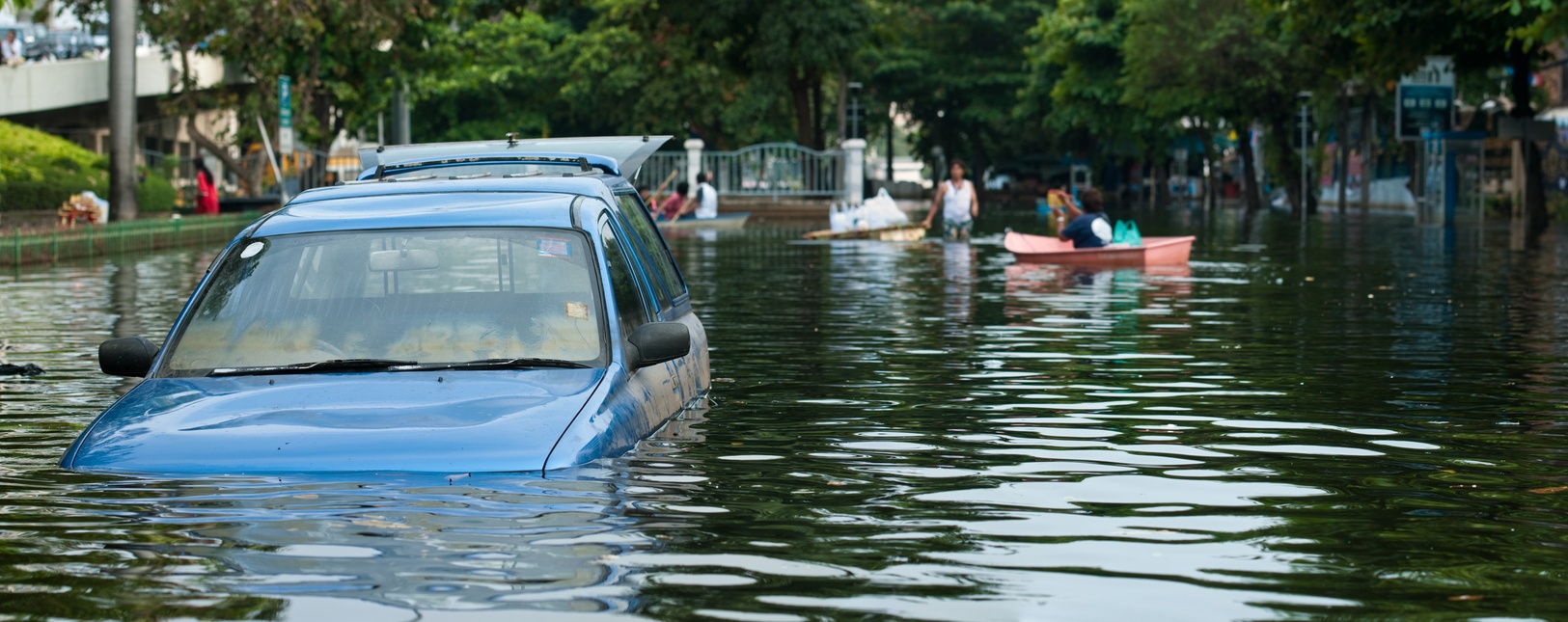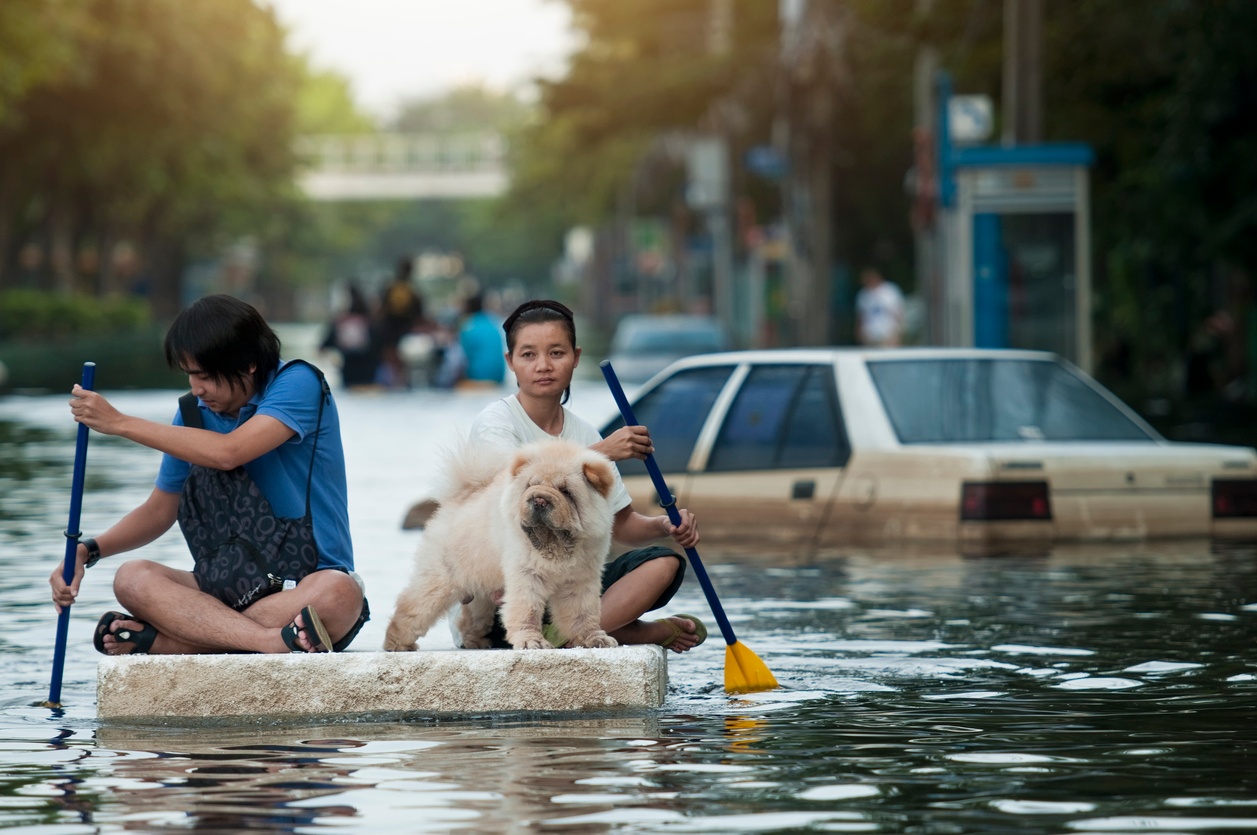Hurricane Harvey has made landfall in Texas as of Friday 8/25/17. This is the largest storm to hit the United States in over a decade. Some forecasts are calling for as much as 60 inches of rain from Harvey. What does this mean for the transportation industry? A breakdown below:
Harvey Impact on Texas

The most immediate impacts to be aware of:
- High winds and wind gusts – Harvey has seen winds of over 130 MPH already, this can reach up to 140 MPH. Even hundreds of miles away from the center of the storm, wind gusts capable of tipping an LTL trailer are present.
- Flooding – it only takes 12” of moving water to sweep a vehicle. Run-off from less than 1” of rain can collect, pool and stream to create that. Harvey has seen 15” of rain in some areas. Do NOT drive through standing or running water on any roadway.
- Severe weather – severe thunderstorm outbreaks can and will occur in the outskirts of the storm. High winds and heavy rains expected and impacts are concentrated and produce a tornadic circulation. This can be seen hundreds of miles from the storm’s center.
This storm will see flooding for the days of the storm and even weeks following. Officials are estimating a potential reconstruction bill of almost $40 billion.
While our Houston office will remain closed until the flooding subsides, PLS will remain fully functional. At this time, our dedicated employees have checked in as safe. Our thoughts and prayers to everyone affected by this tragedy.
Harvey Impact on Economy
With such a large storm in the 5th largest metropolitan area in the United States, there are going to be huge economic impacts. The Gulf Coast of Texas, including Houston and the surrounding areas, accounts for about half of petroleum and gas exports – not to mention a fifth of chemical exports.
“Since the Port Arthur refining complex is the largest in the U.S. and the second largest in the world, this will no doubt impact gasoline and chemicals prices,” says Brett Ryan, a senior United States economist at Deutsche Bank
Big oil and gas companies such as Exxon Mobil and Valero Energy have evacuated workers and shut down facilities in preparation for the storm. The slow-moving nature of the storm is likely to cause longer shut-downs meaning less production.
These shutdowns are having an immediate impact on gasoline prices. The cost per gallon has jumped to a two-year high as of Monday 8/28/17. This means drivers and transportation companies should expect much higher prices at the pump.
Another major economic impact will be the property damage from the storm. This is longer lasting and more significant than lost economic activities. Homes and businesses without flood insurance should be expecting delays in rebuilding and coverage.
The storm’s impact is still being assessed – but as history shows, the oil and gas industry usually takes a few months to recover from a big hurricane.

What Shippers Can Do
Expect delays by at least 2-3 days. These delays can be avoided by choosing alternative routes, however, this is not always an option. If you have freight that needs to be moved in the area, prioritize loads based on need/demand and keep intermodal transportation in mind. For some areas trucks, railroads, or even air transportation may be ideal depending on the location.
How PLS Can Help
PLS can help you move your freight with an alternative route or alternative mode of transportation. We can match you with one of our 25,000+ pre-qualified carriers from all over North America on a route to ensure timely delivery of your cargo. Additionally, we are researching routes and areas to see which mode of transport would best meet your needs. Perhaps rail in the area desired has been unaffected – we will do that research for you. Our professionals are closely monitoring Hurricane Harvey and associated weather conditions.
Federal Emergency Management Agency Contacts
- For disaster survivors: 800-621-3362 (711 or Video Relay Service Available)
- General contact: 202-646-2500
PLS Contacts
- General contact: 888-814-8486
- LTL Freight Services: 877-47507585
- Human Resources: 724-814-5100
Contact Me
FacebookTwitterShare

